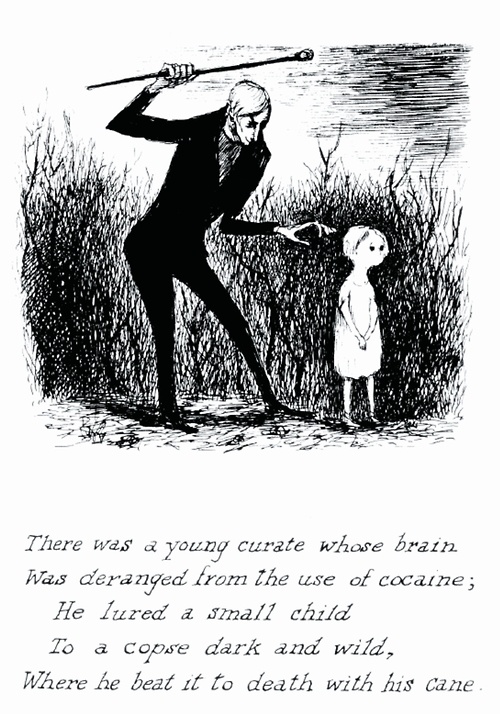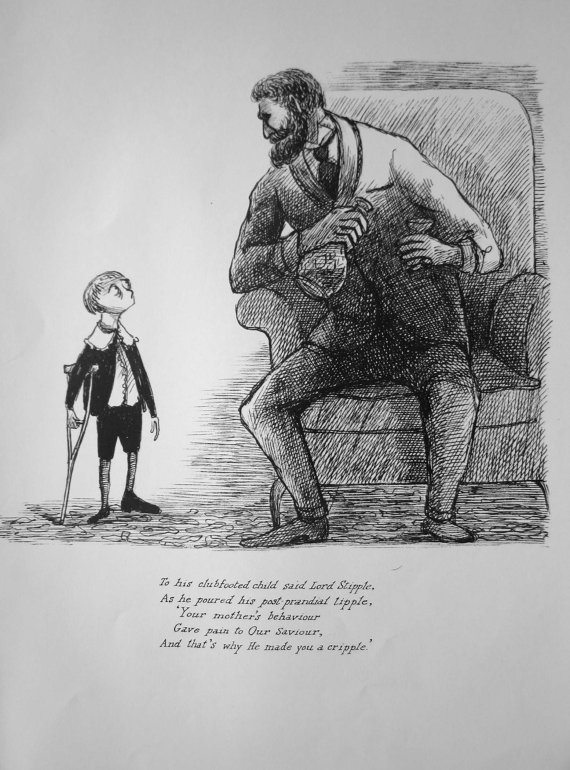In order to fully appreciate (White Man) In Hammersmith Palais, a song written and recorded by The Clash in 1978, we must get a firm grasp upon the words in the title. Before we do so, let me be quite clear that I am going to pay no attention whatsoever to the parentheses. In my view – and I grant that I may be in error here – placing “White Man” in parentheses is a mere affectation, and has no significance whatsoever. The truth of this can be underlined by removing the parentheses and judging if it makes any difference. Thus, (White Man) In Hammersmith Palais, or – pfft!, there!, gone! – White Man In Hammersmith Palais. I challenge anybody to insert a very very thin thing, like a cigarette paper, between the two. We may now press on, indomitably.
White. What do we mean by white? Is it a colour or, as some would have it, the absence of colour? The white of an egg – the albumen – is more translucent than white, in its raw state. But fry the egg, in a pan, and voila!, it is indeed white. By the way, it would be a mistake to infer from this that all fried things are white. Most are not.
To gain a sense of overwhelming whiteness, it is well worth reading the closing passages of The Narrative Of Arthur Gordon Pym Of Nantucket by Edgar Allan Poe. If you read it while drinking a glass of milk, the effect of whiteness will be redoubled. If, in addition, you tip the entire contents of a tub of talcum powder over your head and look up from your book, from time to time, into a mirror, you will be left in no doubt about what white means.
Next, Man. Man is the male of the species homo sapiens. In most cases, he is a biped, but not invariably. For example, Ian Anderson, the front man – man! – of the band Jethro Tull, prefers to stand on one leg when playing his flute. He is thus, at least temporarily, a monopod.
What else can we say, usefully, about a man? Well, for one thing, we can differentiate between types of men (plural) by placing a qualifying adjective before “man”. This might be in the form of prefix jammed up against “man”, with no space between, as for example “Frenchman” or “postman”, or it might be a discrete, separate, interchangeable word, as in “grunty man” or “stricken man”.
Off the coast of England there is a place called the Isle of Man, but we had better avoid that, particularly as its flag is a triskelion of three armoured legs. That is one and a half standard issue bipedal men, or three Jethro Tull flautists, the thought of which begins to dizzy the brain.
In we can dispatch fairly rapidly. It is a short word indicating that something is contained within something else, for example the talcum powder was in the tub before we upended it over our head. Now, the talcum powder is no longer in the tub. It really is as simple as that. Just be careful not to confuse in with inn. The latter is a tavern or hostelry. If a man enters one, parched and thirsty and covered in talcum powder, he is said to be in an inn. Conversely, if he engages in fisticuffs with another customer, because he is teased for being covered in talcum powder, he risks being thrown out of the inn. The chances of this happening are more likely if, in the inn, he drinks a sufficient quantity of beer to be in his cups. This does not mean he is literally inside a cup, or several cups, as the plural suggests. It is a figure of speech.
We are not going to go further down the road of figures of speech, because quite frankly it is exasperating enough having to explain all this stuff to you, just so you can grasp fully the title of a punk single from almost forty years ago. I have better things to do with my time. So let us wrap this up as soon as we can.
Hammersmith. This is a proper name, referring to an area of London. London is usually pronounced Lund’n, but for amusement’s sake it is better pronounced as it looks, with the two “on”s equally stressed as if one were saying the word on. This is particularly the case when responding to queries from tourists vacantly wandering the streets of London. Now, natives of London may well pronounce Hammersmith as Ammersmiff, depending on their social class. As the son of a globe-trotting Foreign Office diplomat, Joe Strummer, the front man of The Clash, would have been brought up to say Hammersmith rather than Ammersmiff.
Incidentally, I hope I did not give the impression, earlier, that all front men in bands stand on one leg while playing the flute. That is true of Ian Anderson of Jethro Tull. So far as I know, it is not true of Joe Strummer of The Clash. But again, I grant that I may be wrong, and if any readers can provide photographic evidence to the contrary I will be happy to issue a correction.
You will note that Hammersmith is a conjunction of two words, hammer and smith. A smith might use a hammer when beating, say, a horseshoe into the required shape at his anvil. Once upon a time this was so widely practised a trade that Smith is a common surname, Hammer less so. Instances of the former are too numerous to mention, though we can give one-time Wimbledon champion Stan Smith as an example. As for the latter, we might note the American hip hoppist M C Hammer, a man who has reportedly confessed to a fear of hammers. As with Strummer, Hammer is not known for monopodal flute-playing.
At last, and not before time, we come to Palais. You will recall, in our discussion of Man, above, that we mentioned a Frenchman. It so happens that a Frenchman says palais where his English equivalent would say palace. Usually, a palace or palais is the sort of building inhabited by the likes of Prince Fulgencio. Hammersmith Palais, or Ammersmiff Palace, is, or was, not that kind of palace. Rather, it was a place where young persons would gather en masse in a sort of mosh pit and disport themselves in an often ungainly manner while listening to loud music or, as some might have it, a godawful racket. There was at least one occasion when Prince Fulgencio himself left his palace, or palais, to enter a mosh pit, where he galumphed about in the presence of a band of troubadours led by a man standing on one leg playing a flute. But that is a tale for another time.
It is to be hoped that you now have a greater understanding of (White Man) In Hammersmith Palais by The Clash. Next week, we shall examine I Close My Eyes And Count To Ten by Dusty Springfield. For your preparatory homework, please read Dobson’s pamphlet Arithmetic For The Blind (out of print).



